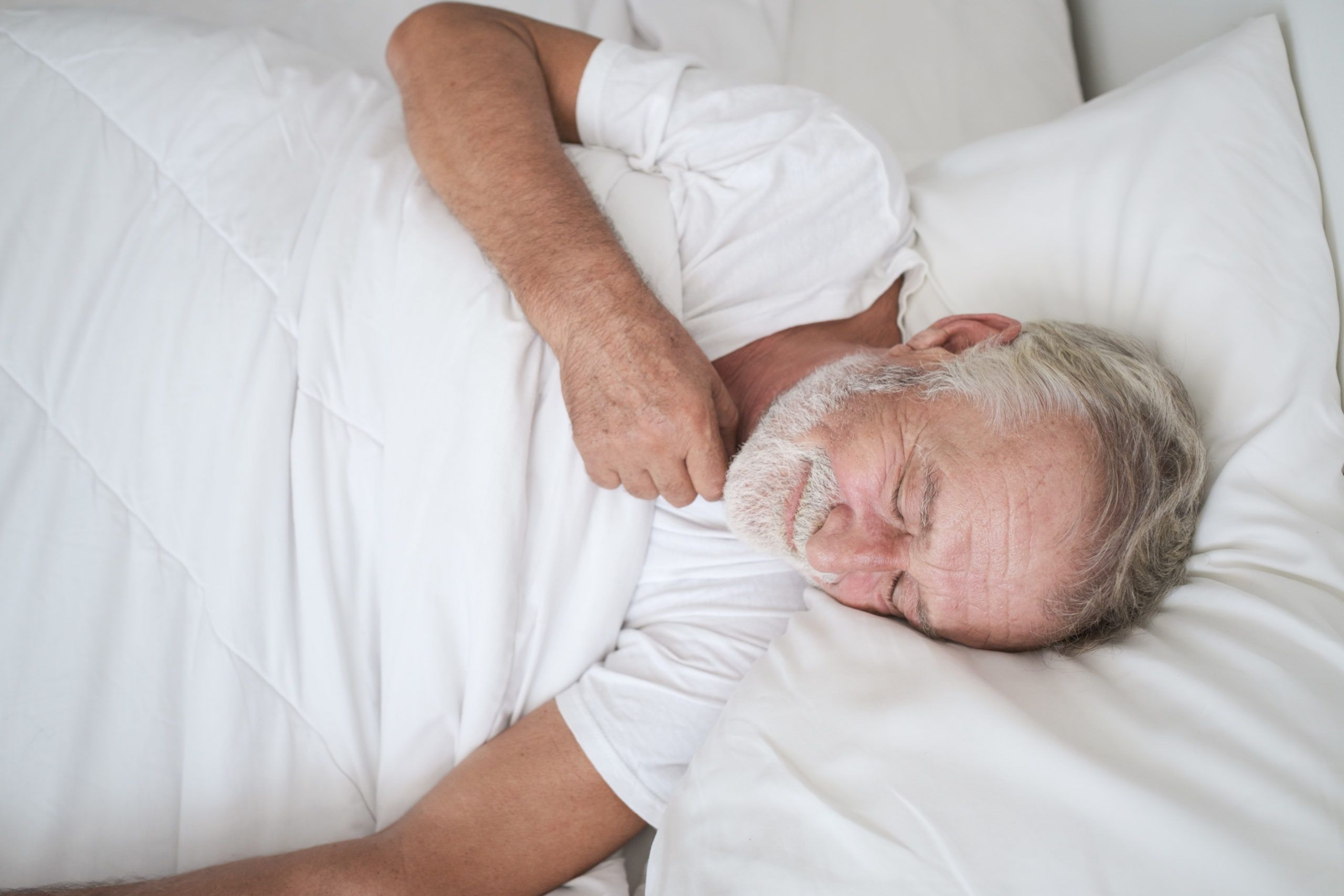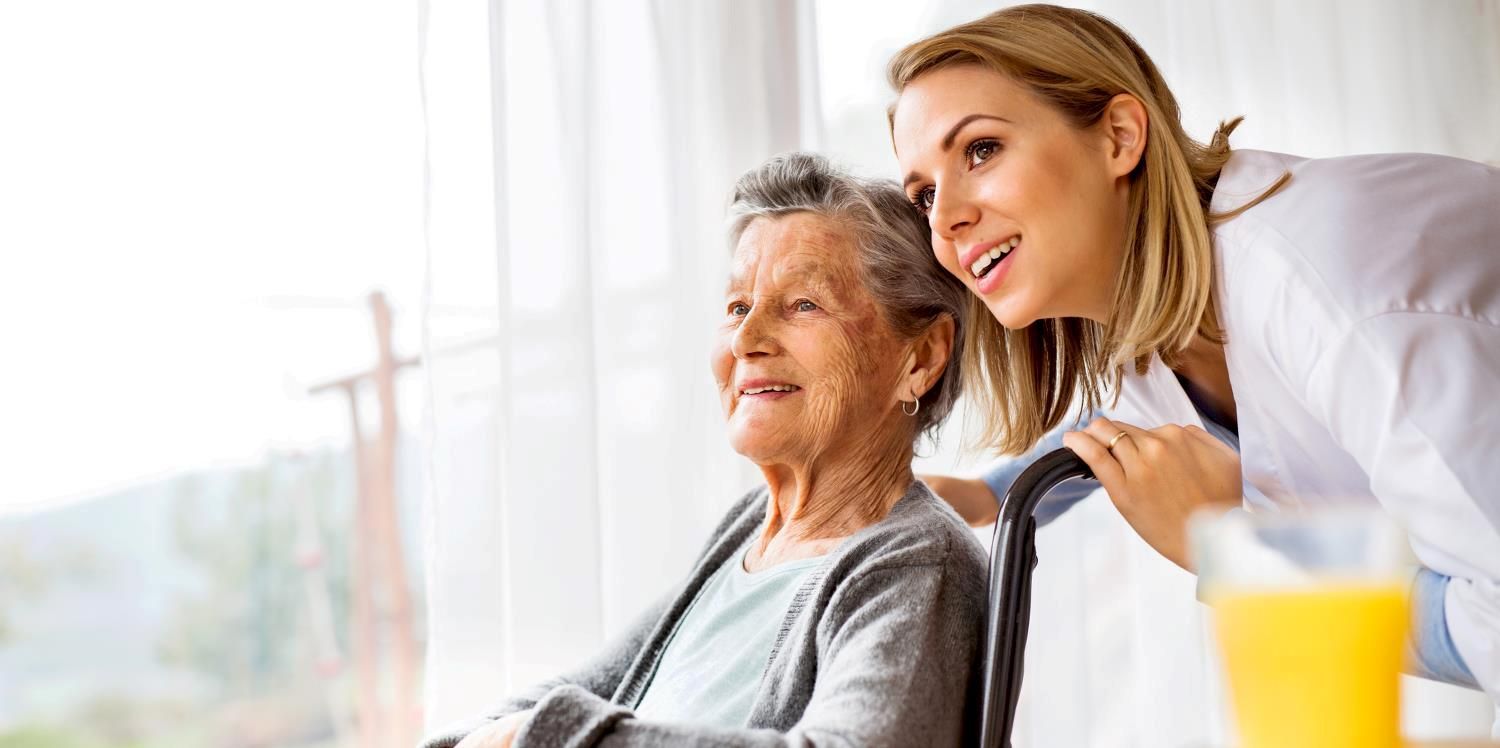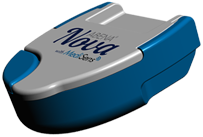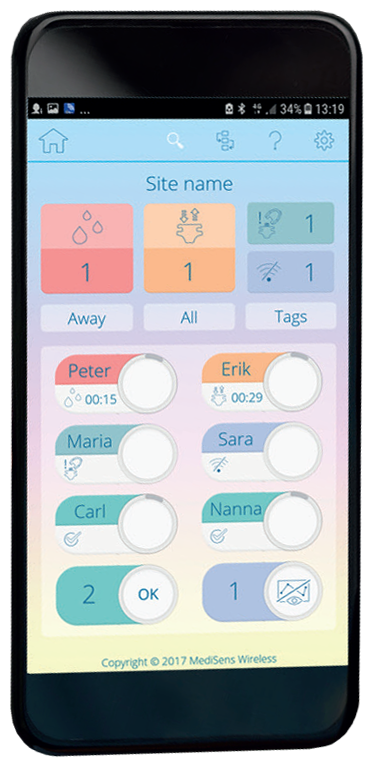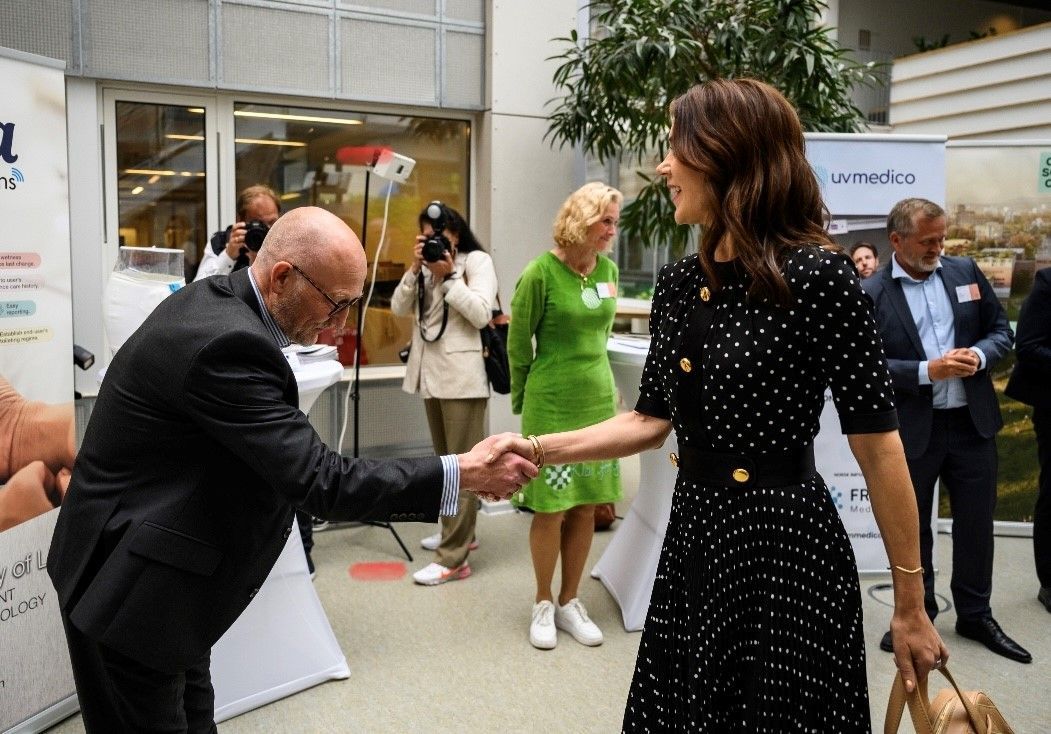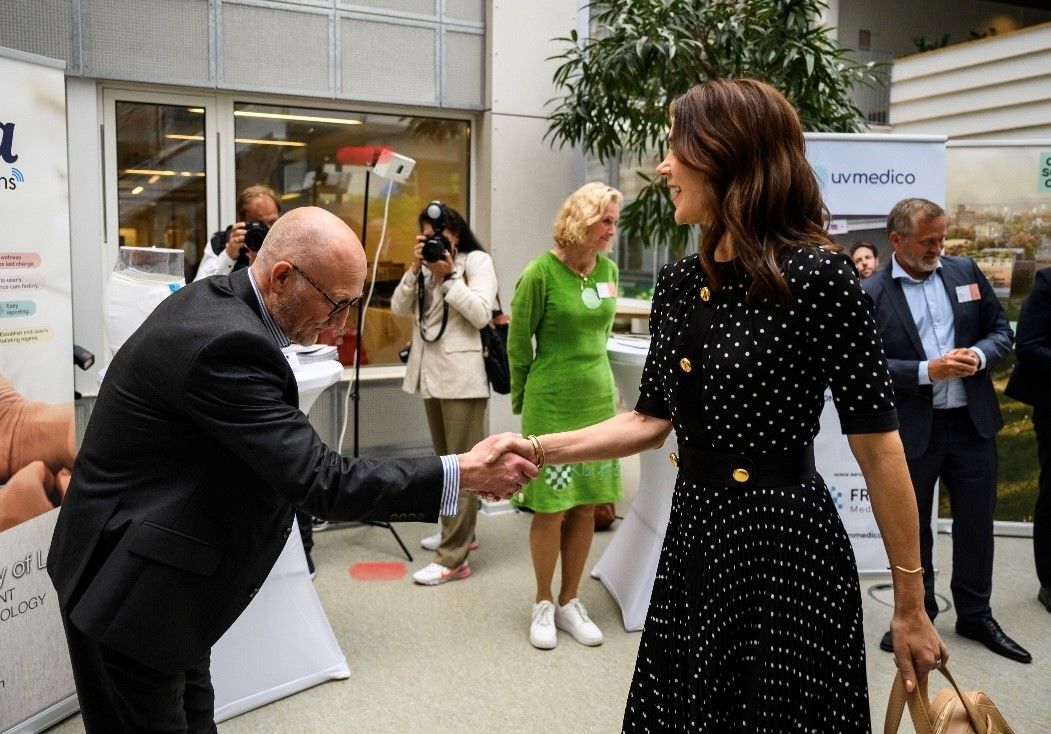The Importance of Sleep in Care Facilities
Tips & Advice
The Importance of Sleep in Care Facilities
Fragmented sleep can lead to several uncomfortable side effects, from memory and concentration issues to heightened risk of heart disease, high blood pressure, and diabetes (4). Therefore, we need to prioritize ensuring good sleep quality for residents and patients in long-term care facilities.
Most of us know that sleep is important to both our mental and physical health. After a poor night’s sleep tossing and turning, most of us can feel groggy and beside ourselves. At the same time, sleep is a very personal matter. We prefer sleeping in our own beds, with our own pillow and duvet, and noises that aren’t familiar to us can wake us up or make it hard for us to fall asleep. The next day, it doesn’t take much to put us over the edge.
However, for people living in nursing homes or care facilities, the conditions for having a good night’s sleep are often compromised. The care schedule tells residents when and how to sleep, nightly disruptions are more frequent, and there are many disturbing elements such as lights and noises.
In fact, elderly people in long-term care facilities often experience some sort of sleep disruption. One study made of 492 nursing home residents reported that 69% of the residents slept during the day, and 60% of them had disturbed nighttime sleep (1). For residents living with Dementia, poor sleep is even more prevalent, and as the illness progresses, sleep becomes more and more fragmented (1).
Consequences of Poor Sleep
Poor sleep has several negative consequences for residents. These include irritability, poor concentration and memory, slower reaction time, and decreased performance (2).
In practice, this can result in more conflicts with staff, for instance when the staff has to check the resident’s incontinence product. On top of that the residents have less energy for rehabilitation and visits. Further, poor sleep also often results in short, unintentional naps throughout the day, e.g., during mealtimes, resulting in residents being put to bed again. Thus the residents end up spending more time in bed overall, not being physically active, and not spending time on social or rehabilitative efforts.
Considering the consequences of poor sleep, it is important that all health professionals, both day and night shifts, try to optimize sleep for residents. Good sleep leaves energy for rehabilitation exercises, visits from friends and family, and social activities. Combined, this increases the quality of life for residents.
Factors that Disturb Sleep
Today, people living in long-term care facilities have more complex illnesses and are in worse condition than what we have previously been used to. More residents need medicine, to be repositioned, or to have their incontinence product changed. These activities also go on throughout the night, making it difficult to create the environmental circumstances for good sleep.
Several environmental factors exist within nursing home settings that in themselves are disruptive to residents’ sleep.
Some of these factors are:
- Bright lights – even during the night
- Noise – from other residents, caregivers, TVs, medical equipment, and more
- Continence care – checking the incontinence product during the night and changing wet bed linens
- Little or no exposure to sunlight during the day
- Too much caffeine during the day
- No or too little physical activity
That said, other factors such as medications and psychiatric conditions can also contribute to bad sleep. In these cases, it is important to consult a doctor.
How to Improve Sleep Quality
Sleep hygiene is about creating habits and practices that are conducive to good sleep.
Some daytime environmental factors, that we know are conducive to good sleep include being exposed to daylight, being physically active, and having a consistent schedule of meals and activities (1).
Some suggestions for good sleep hygiene:
- Keep residents’ rooms dark: Close the door and turn off the TV. A night light can be reassuring for some residents. Explore the option of Circadian Lighting.
- Keep rooms at a comfortable temperature: Around 18-19 degrees Celsius is comfortable for many adults, but it may vary from person to person.
- Keep noises to a minimum: Close the door, turn down TVs, and avoid talking amongst caregivers in the hallways.
- Improve daytime environmental factors: Ensure physical activity and daylight exposure, and decrease daytime napping and late-night caffeine intake.
- Limit fluid intake in the evening: Avoid offering too much to drink after 6 p.m. to reduce the need for night-time voiding, and remember that caffeine and alcohol can make incontinence worse.
A focus on improving sleep quality for residents in nursing homes and other care facilities can significantly improve quality of life. However, making a significant change requires commitment from staff at all levels, including management.
Giving residents the energy, they need to participate in social activities, rehabilitation, and visits from friends and family improve their quality of life. It also significantly improves the relationship between caregivers and residents as conflicts are reduced, while also decreasing the caregiver burden during the night.
This article has been written in close collaboration with in-house nurses at ABENA.
All sources are available upon request.
Do you want to know more?
If you want to know more about sleep or if you have any questions about the contents of this article, please reach out to us. We’re happy to help!
Contact ABENA Nova
"*" indicates required fields
